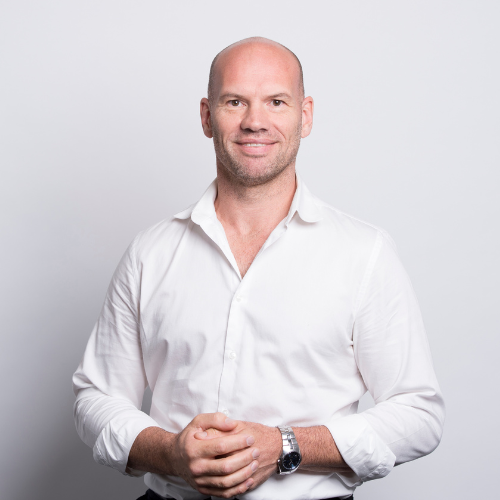Question:
How can I get over sexual anxiety?
Answer:
Sexual anxiety is probably fairly common but there’s not really any good evidence about how many people are affected by it. The best data I can find are from the USA and are 25 years old — it shows just under 18% of men (and just over 12% of women) said they were anxious about their sexual performance.
Other problems with sexual function — like erectile dysfunction, premature ejaculation, delayed ejaculation or low sex drive — can also lead to sexual anxiety but they are also symptoms. It’s possible to get into a vicious circle, with sexual function problems leading to sexual anxiety that reinforces the sexual function problems e.g. you orgasm sooner than you’d like, which causes anxiety, which makes you more likely to experience premature ejaculation again.
How to treat sexual anxiety
Even though there’s good reasoning behind using current treatments for sexual anxiety, there’s not a lot of good scientific evidence to prove their effectiveness. Here are some things that may help.
1. Psychological treatments
Cognitive behavioural therapy and mindfulness techniques, are recommended for sexual anxiety. These can help you to think less about what’s going on and focus more on the physical sensations you experience during sexual activity.
2. Medication
Medications that treat the underlying problem, like sildenafil (Viagra) or taladafil (Cialis) to treat erectile dysfunction, can reduce the associated anxiety. There are also ways to treat some other causes or symptoms mentioned above.
3. Sex therapy
Speaking with a sex therapist may be helpful to work out specific ways that can help you overcome sexual anxiety.
If you’re struggling with anxiety around your sexual performance, have a chat with your doctor who can help explore treatment options with you.















